The Steering Committee for the Construction and Development of the Ho Chi Minh City Financial Center has just been established, demonstrating a new, more drastic step. What needs to be done to make the financial center a new driving force for Ho Chi Minh City to accelerate and promote the growth of the whole country?
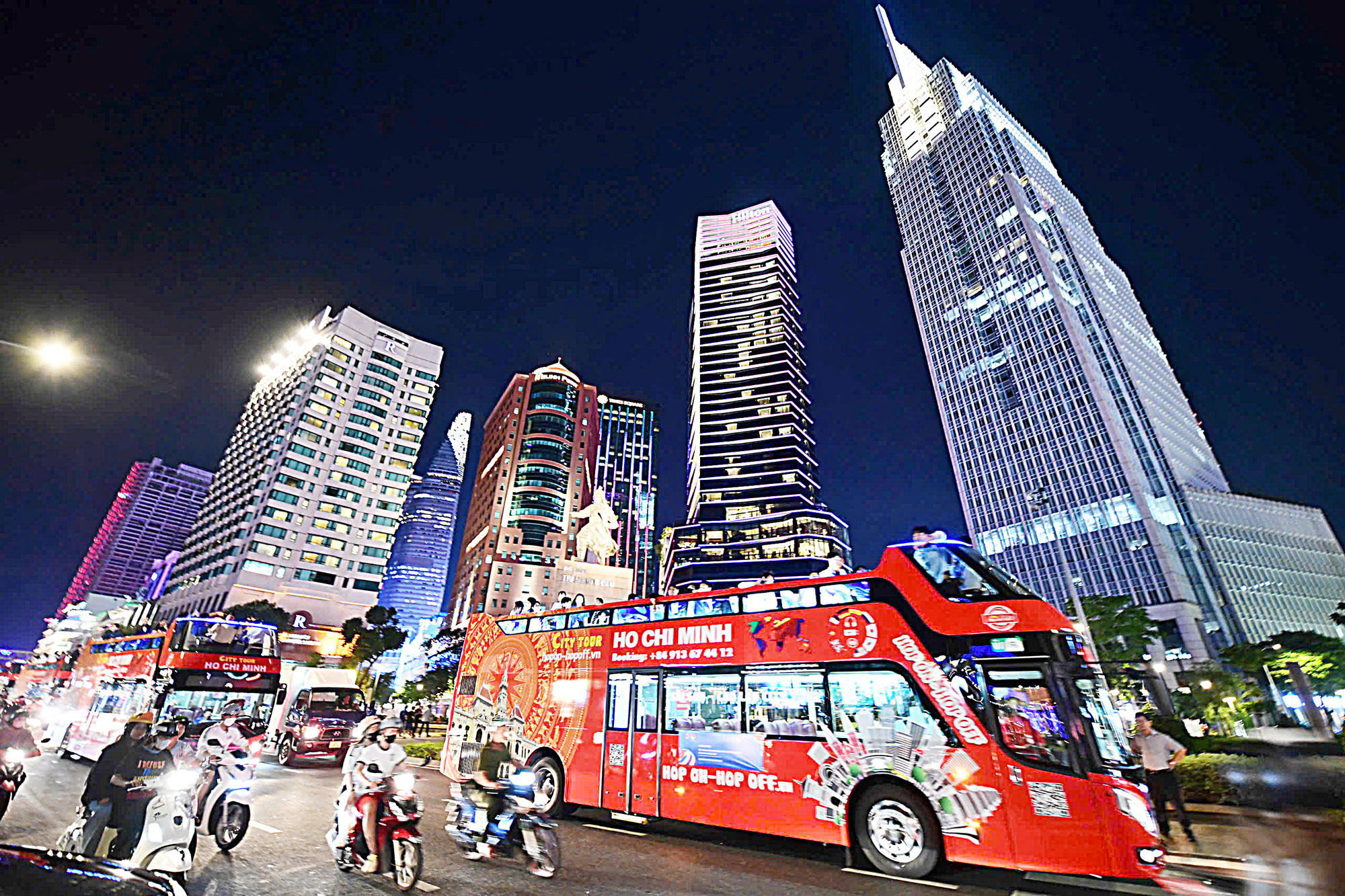
To build a comprehensive financial center in Ho Chi Minh City, it is necessary to prepare both hard and soft infrastructure - Photo: QUANG DINH
Speaking with Tuoi Tre , Mr. Tran Quoc Hung - senior expert of the Atlantic Council (USA), former executive director of the Institute of International Finance (IIF) - pointed out areas where efficiency is still poor and needs improvement.
Mr. Tran Quoc Hung
Create a relatively complete ecosystem
* Building Ho Chi Minh City into a comprehensive international financial center is considered difficult. In your opinion, what is the most important point when building this model?
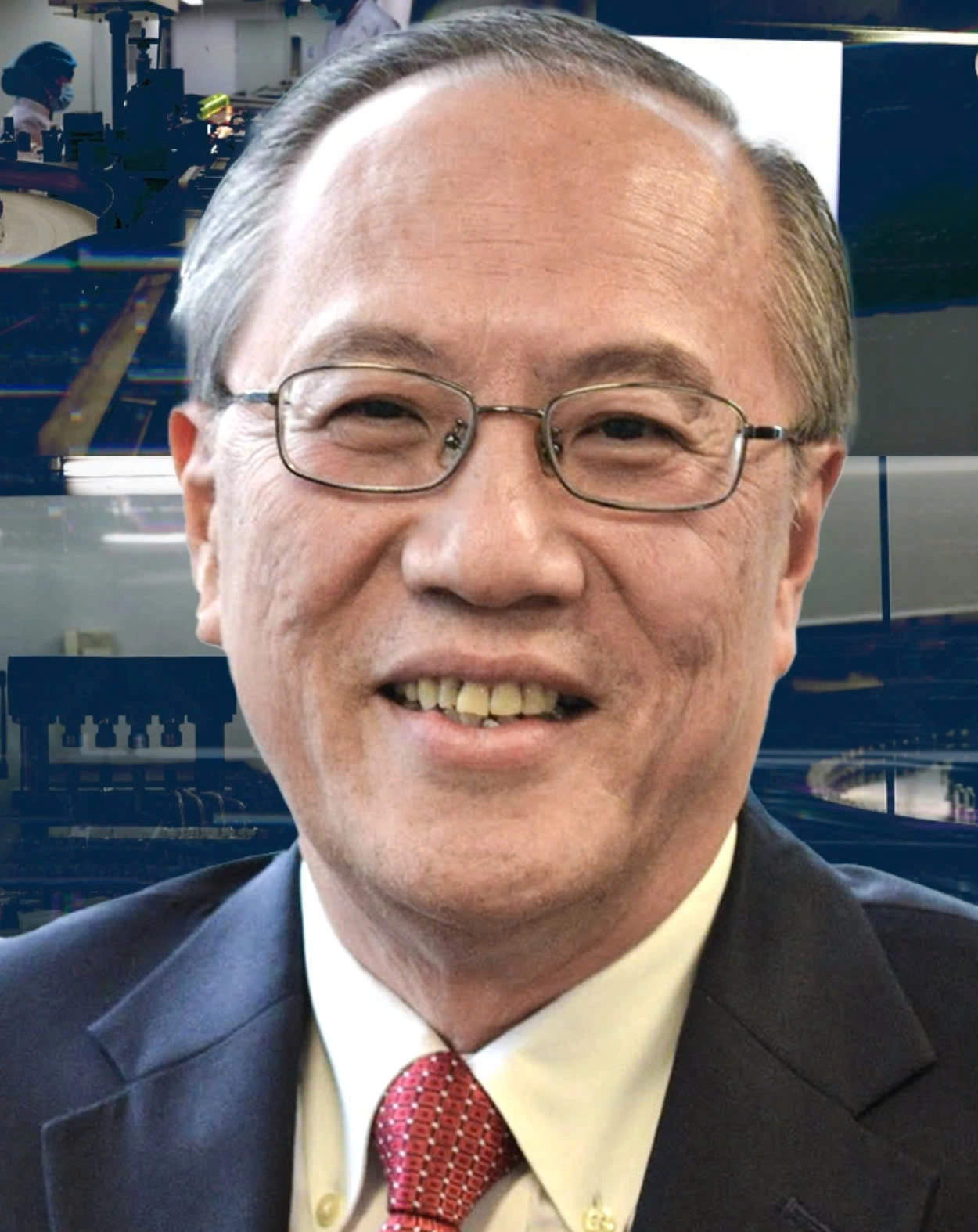
Mr. Tran Quoc Hung - Senior Expert of Atlantic Council (USA), former Executive Director of Institute of International Finance (IIF)
- The task of the financial center is to act as an intermediary, link and create conditions for savings accumulation agents such as households and enterprises to invest, directly or indirectly through financial institutions such as banks, mutual funds, pension funds, insurance funds... in financial instruments such as loans, securities including stocks and bonds that enterprises and other economic agents use to mobilize investment capital and liquidity to carry out economic activities, thereby developing the country.
To perform well the intermediary tasks, the financial center must become a relatively complete financial transaction ecosystem, with all components including primary and secondary capital/securities markets, with rich financial instruments, financial institutions and ancillary services such as banks and all types of investment funds, accounting and auditing, corporate credit rating companies, investment and tax consulting, etc.
In addition, we must also mention information services via the Internet and digital technology and infrastructure such as housing, schools, hospitals, cultural and entertainment activities... to attract talent.
But the most important is the legal system and effective commercial and financial regulations. Ho Chi Minh City currently has most of the above organizations and activities, but they have not developed synchronously and are still ineffective. Therefore, further breakthrough improvements are needed.
* Can you share more specifically about the prerequisite points that need to be resolved and promoted soon?
- Currently, the capitalization ratio to GDP of the Ho Chi Minh City Stock Exchange (HoSE) is 70%, lower than Thailand (104.2%) and Malaysia (93.7%). The ratio to GDP of the total value of the corporate bond market is even lower: only 22% in Vietnam compared to 59% in Thailand and 75% in Malaysia...
If built to improve the quality of the entire ecosystem in the financial center of Ho Chi Minh City according to international standards and practices, especially having a mechanism to resolve trade disputes with foreign partners in a transparent and fair manner, it will enhance the efficiency of financial intermediation, creating favorable conditions to attract foreign investment capital.
This is an important point because Vietnam needs to mobilize many different sources of capital to invest in advanced technology, green technology and digital economy - important areas to help Vietnam develop sustainably in the future.
If these things can be done, the financial center of Ho Chi Minh City can attract foreign enterprises to come to Vietnam to raise capital for them. For example, applying to list on HoSE - then the city will become a truly international financial center like the financial centers of Hong Kong or Singapore.
When the financial center of Ho Chi Minh City reaches international standards, the volume of financial transactions will increase significantly, contributing more to the current regional GDP of Ho Chi Minh City, about 9%.
Learning from the Malaysian model
* Will the construction of a comprehensive financial center in Ho Chi Minh City be a new push and driving force for the city's development in the coming time?
- Not only Ho Chi Minh City, Vietnam also needs to develop a financial center, especially the capital/stock market, to form a more balanced financial intermediary system, not too dependent on the banking system as it is today.
The ratio of banking assets to GDP in Vietnam is about 200%, very high compared to neighboring countries such as Thailand (152%), Malaysia (66.3%) and Indonesia (43.3%).
Strengthening the role of capital/stock markets can enhance capital market discipline, helping to increase the efficiency of capital use; contributing to reducing the risks of financial intermediation activities, creating conditions to attract foreign portfolio investment to supplement FDI capital.
* In your opinion, what model can Vietnam learn from?
- A specific experience that Vietnam can refer to is Malaysia. This country has focused on building a capital/stock market in the past two decades and has a relatively balanced financial intermediary system - banking assets 66.3% of GDP, stock value 93.7% and corporate bonds 75%.
It should be emphasized that the corporate bond market in Malaysia is the largest in Southeast Asia and the Kuala Lumpur stock exchange attracts 995 listed companies, including about 10 foreign companies - compared to 402 listed companies on HoSE (which does not allow foreign companies to list).
Businesses in Malaysia have thus been able to mobilize capital from many different and complementary sources. This financial intermediary system has contributed to promoting stable growth, helping Malaysia reach a GDP/capita of 11,947 USD in 2024, compared to Vietnam at 4,659 USD.
According to international standards
Capital/stock markets require synchronous development and close linkages between various units along with the support of infrastructure and other important services. Therefore, building a capital market is a long-term process, along with reflecting the shift in the economic structure.
In an effort to build a comprehensive international financial center in Ho Chi Minh City, the State needs to develop and build all aspects of the market according to international standards, paying attention to ensuring their synchronization and consistency.
Vietnam, with its new apparatus, has sent out a message about the "era of rising up", with a policy of comprehensive change, cutting down the cumbersome administrative apparatus. I believe that the policy of changing the cumbersome administrative apparatus into a streamlined, efficient and effective one can help build a comprehensive international financial center in Ho Chi Minh City.
Source: https://tuoitre.vn/xay-dung-tp-hcm-thanh-trung-tam-tai-chinh-quoc-te-nhung-diem-tien-quyet-can-thao-go-20250106070839881.htm


![[Photo] General Secretary To Lam concludes visit to Russia, departs for Belarus](https://vphoto.vietnam.vn/thumb/1200x675/vietnam/resource/IMAGE/2025/5/11/0acf1081a95e4b1d9886c67fdafd95ed)
![[Photo] General Secretary To Lam meets and expresses gratitude to Vietnam's Belarusian friends](https://vphoto.vietnam.vn/thumb/1200x675/vietnam/resource/IMAGE/2025/5/11/c515ee2054c54a87aa8a7cb520f2fa6e)



![[Photo] General Secretary To Lam arrives in Minsk, begins state visit to Belarus](https://vphoto.vietnam.vn/thumb/1200x675/vietnam/resource/IMAGE/2025/5/11/76602f587468437f8b5b7104495f444d)


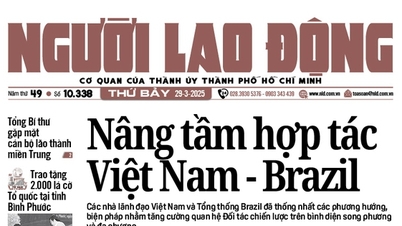

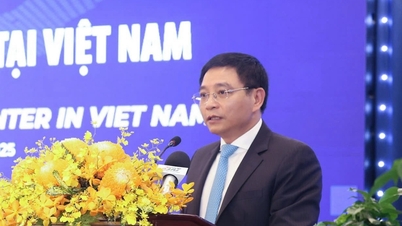

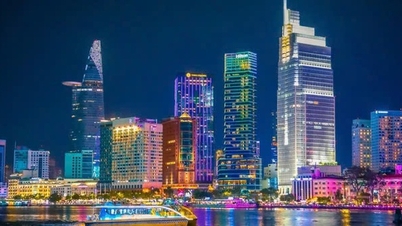

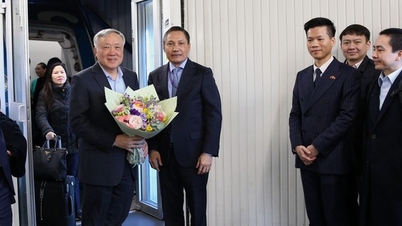
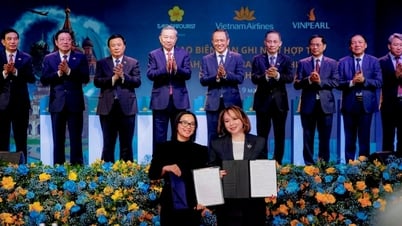
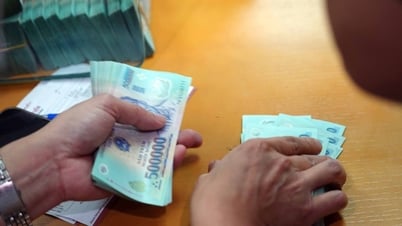


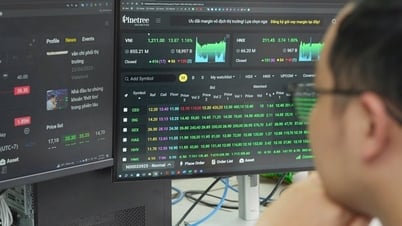












![[Photo] National Assembly Chairman Tran Thanh Man attends the Party Congress of the Committee for Culture and Social Affairs](https://vphoto.vietnam.vn/thumb/1200x675/vietnam/resource/IMAGE/2025/5/11/f5ed02beb9404bca998a08b34ef255a6)








































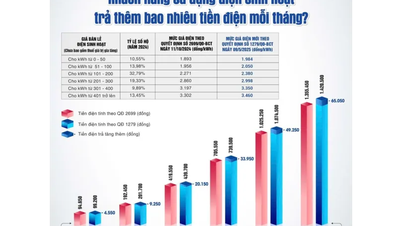

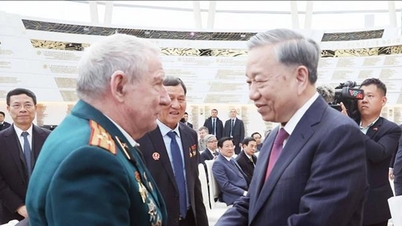

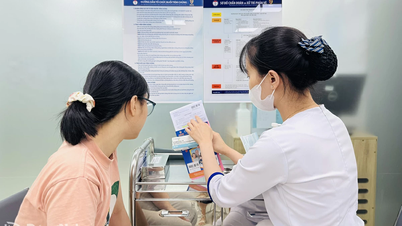

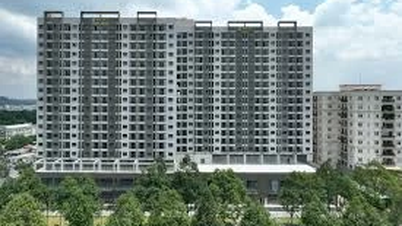

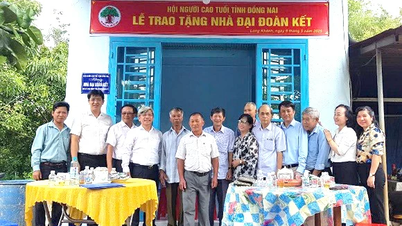










Comment (0)